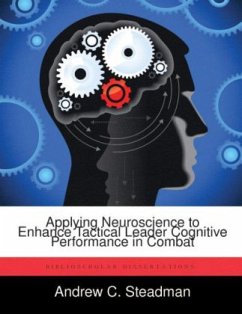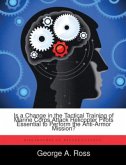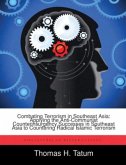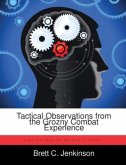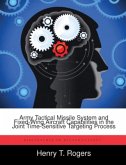The US Army relies on tactical-level leaders, not for their physical warfighting skills, but for their ability to employ cognitive thought during stressful situations. Cognitive tasks include sensing patterns, deciphering complex environments, creating novel solutions, and synchronizing multiple battlefield systems, to name but a few. The physiological response to combat can degrade that cognitive capability, preventing leaders from performing tasks critical to unit success. This thesis approached tactical combat leadership from a brain-based perspective, seeking ways to enhance leader cognitive performance. To do so, it explored the physiological aspects of threat response and examined the field of neuroscience to understand brain function. Relevant to combat leadership are the principles that: (1) the brain sacrifices cognitive resources to respond emotionally, (2) stress degrades the form of conscious attention know as "working memory" and (3) certain brain areas can be deliberately activated to exert control over emotions. Further research resulted in a menu of techniques that tactical leaders can use to regulate the emotional response and improve cognitive performance in combat.
Hinweis: Dieser Artikel kann nur an eine deutsche Lieferadresse ausgeliefert werden.
Hinweis: Dieser Artikel kann nur an eine deutsche Lieferadresse ausgeliefert werden.

